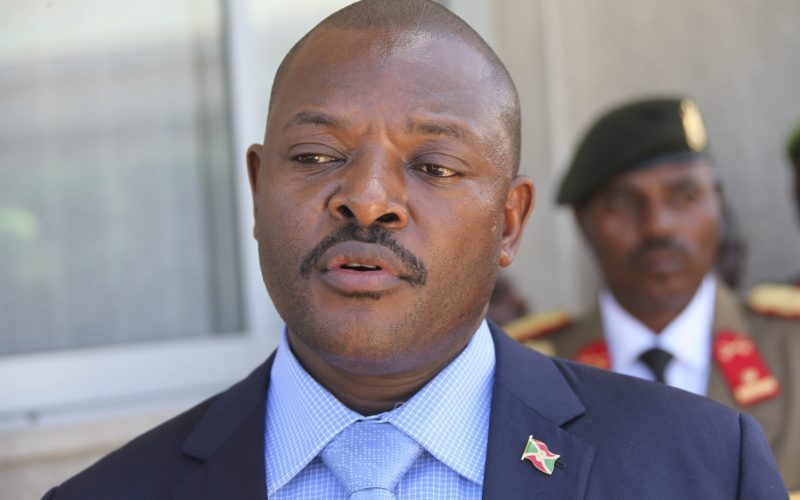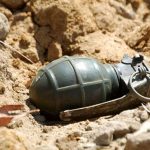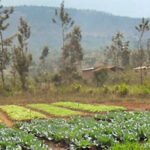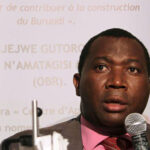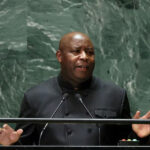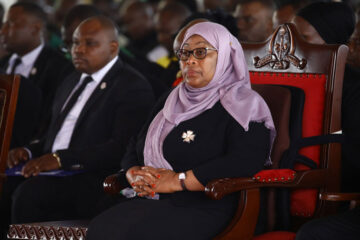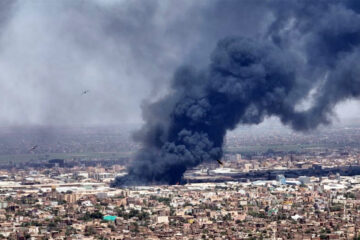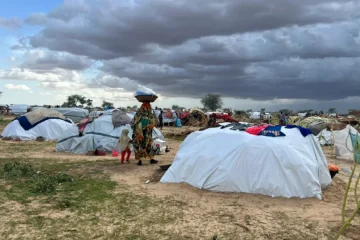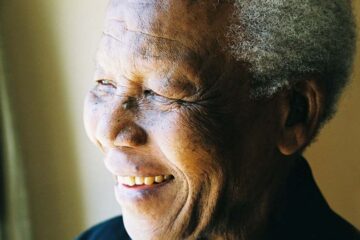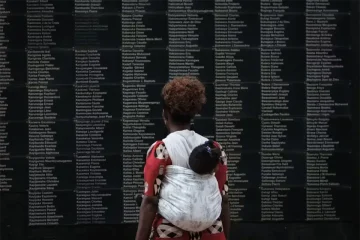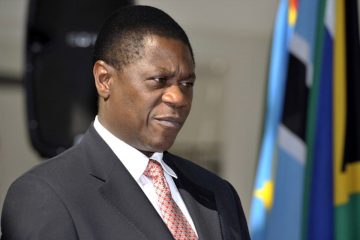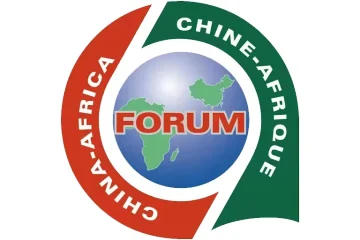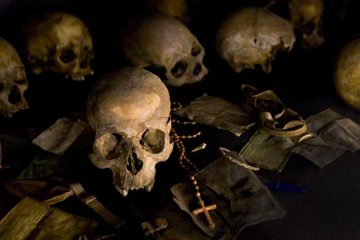JOVIAL RANTAO
Whoever wrote that power corrupts and absolute power corrupts absolutely must have had individuals such as Pierre Nkurunziza, the former President of Burundi, in mind.
Nkurunziza, who died this week from symptoms associated with Covid-19, went from being a national hero who led his country out of a civil war to democracy, then got drunk on power and became a dictator who killed opponents and led his country back into a civil war.
Nkurunziza was a gifted footballer, a ball juggler par-excellence who dribbled his way into the hearts of the people of Burundi, who until then had suffered at the hands of the then leader Domitien Ndayizeye.
Nkurunziza was plucked from the dusty football fields of Bujumbura, where he had made a name for himself and thrust into the heart of his country’s politics. Burundi, which witnessed an internal civil war that left thousands dead, injured and families displaced, desperately needed a hero. And they found him in Nkurunziza, a young man with a great physique and a sound mind on whose shoulders the responsibility was placed to lead Burundi out of its civil war to a peaceful future built on firm democratic principles. He led the National Council for the Defense of Democracy – Forces for the Defence of Democracy.
In no time, Nkurunziza rubbed shoulders with the strong men of politics in Africa and they gave him the recipe and ingredients for a peaceful settlement. He held meetings with top African Unions leaders then presidents Abdoulaye Wade, Olusegun Obasanjo Thabo Mbeki, Robert Mugabe and Muammar Gaddafi, among others.
However, something changed on the way to a peaceful and prosperous democracy for millions of the people of Burundi.
Their president went from hero to zero in a short space of a decade. The first signs of danger emerged when his two terms were coming to an end. Following the example of an old-style dictator a young leader like him was not expected to emulate, Nkurunziza shocked and angered the people of Burundi by changing the constitution to enable himself to have a third term.

The resistance to the third term grew into a powerful movement that was met with a brutal response from Nkurunziza.
The state repression and outbreak of violence led to calls to the AU leadership to act fast to stop Burundi from descending into another full-scale civil war.
Meetings were held, diplomatic delegations dispatched in a desperate move to rescue Burundi, a country which was pulled back from the brink in 1996 following a three-year civil war from another round of violence.
Africans were shocked that a man who had played a crucial role in pulling Burundi out of war and led them on a process to rebuild the East African country, had changed.
His desire to cling to power was the single cause of the deep discontent that has led to violence, killings, detention and general repression. The sad state of affairs in Burundi thousands were killed, called for urgent action from African leaders. Burundi was crying out for both a political and military intervention.
There were suggestions that military intervention must come first. The AU Standby Force, which recently completed an exercise in South Africa, should have been deployed to Burundi to arrest the situation and stop this nation from descending into a Rwandan-style genocide.
The idea was that once the AU peacekeepers were walking the streets of Bujumbura and beyond, the continent’s political leadership would ramp up their efforts to restore peace and stability in Burundi.
While the AU’s intervention was crucial, it was clear that a long-lasting political settlement could only be one crafted by Burundians themselves in a process aided and abetted by the leadership of the AU.
It was also clear that a major part of the solution must include strict adherence by everyone in Burundi to universal democratic principles. In this regard, an important part of the solution must be Nkurunziza’s willingness to abide by the wish of his country and to relinquish power.
He would have none of it. The constitution was changed and he gave himself a third term and with it came a period of pain and suffering for the people of Burundi.
The media became his prime target. And this was because it exposed the atrocities of his law enforcement agencies, army and his personal militia, the notorious Imbonerakure. He did not want the unlawful act of his goons to be transmitted by the media to the Burundians. His country jailed journalists for simply doing their work. Many fled and reported on events in their country from exile.
In the week that he died, four Burundi journalists, who have been sentenced to jail terms simply for interviewing people who participated in a demonstration against his government, had their appeal turned down. They remain in prison for doing their jobs as journalists.

Peace in Burundi is important for stability in the Great Lakes region, where its neighbours, Rwanda and the Democratic Republic of Congo, who share similar histories with Burundi, are stable. A Burundi without Nkurunziza must now look for peace and stability within itself and then with its neighbours.
Nkurunziza had started well and had a chance to make history.
In the end, he had a choice, to be a principled hero with the interests of his people and heart and he chose the route of permanent power. The sham elections held last month, which led to the elections of his preferred successor Major General Evariste Ndayishimiye, was supposed to be the final piece in a perfect puzzle.
And death intervened.

